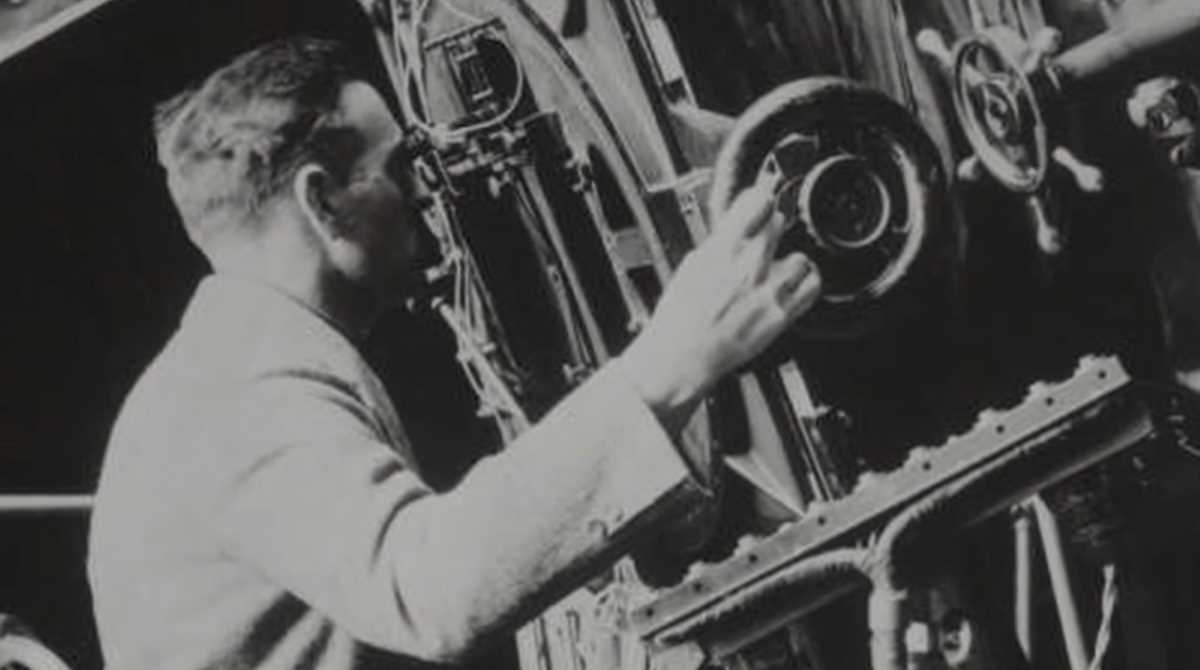Inflating Our Understanding of Cosmic Expansion
In the cosmos, the notion of expansion isn't just a fleeting concept; it's a seminal truth grounded in nearly a century of scientific observation, spearheaded by Edwin Hubble in the 1930s. This idea redefines our understanding of the Universe's structure, origin, and future.

In the nearly century-old history of modern cosmology, few ideas have garnered as much empirical weight as the notion of the Universe's ongoing expansion. A seminal discovery by Edwin Hubble in the 1930s brought forth this transformative insight, revolutionizing our understanding of the cosmos. Yet, it's not merely the observation of redshifted spectral lines or Doppler effect that fuels this intellectual fascination, but the profound implication it has for our understanding of the origin, structure, and fate of the Universe.
Edwin Hubble's observation that spectral lines of the overwhelming majority of galaxies appear redshifted posited an intriguing correlation: the farther a galaxy is, the greater is its redshift. In other words, galaxies situated at greater cosmic distances exhibit a greater shift toward the red end of the spectrum.




